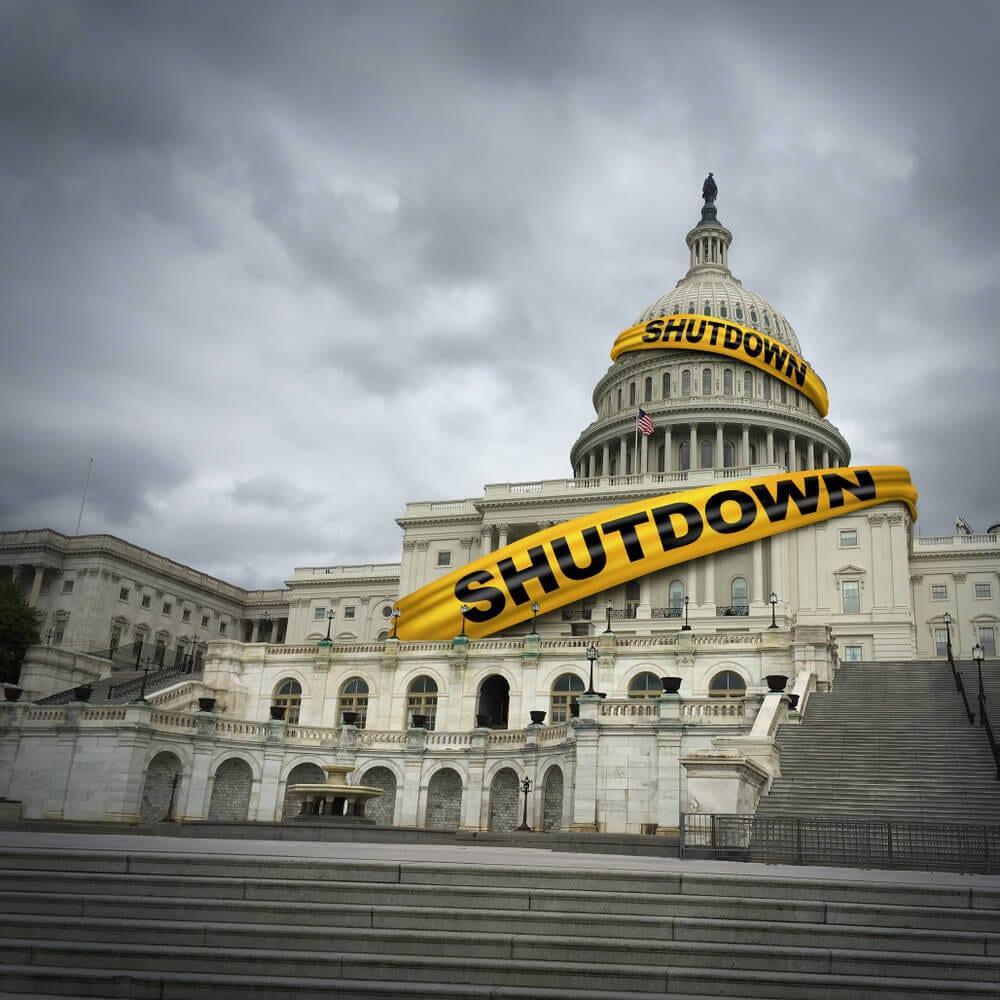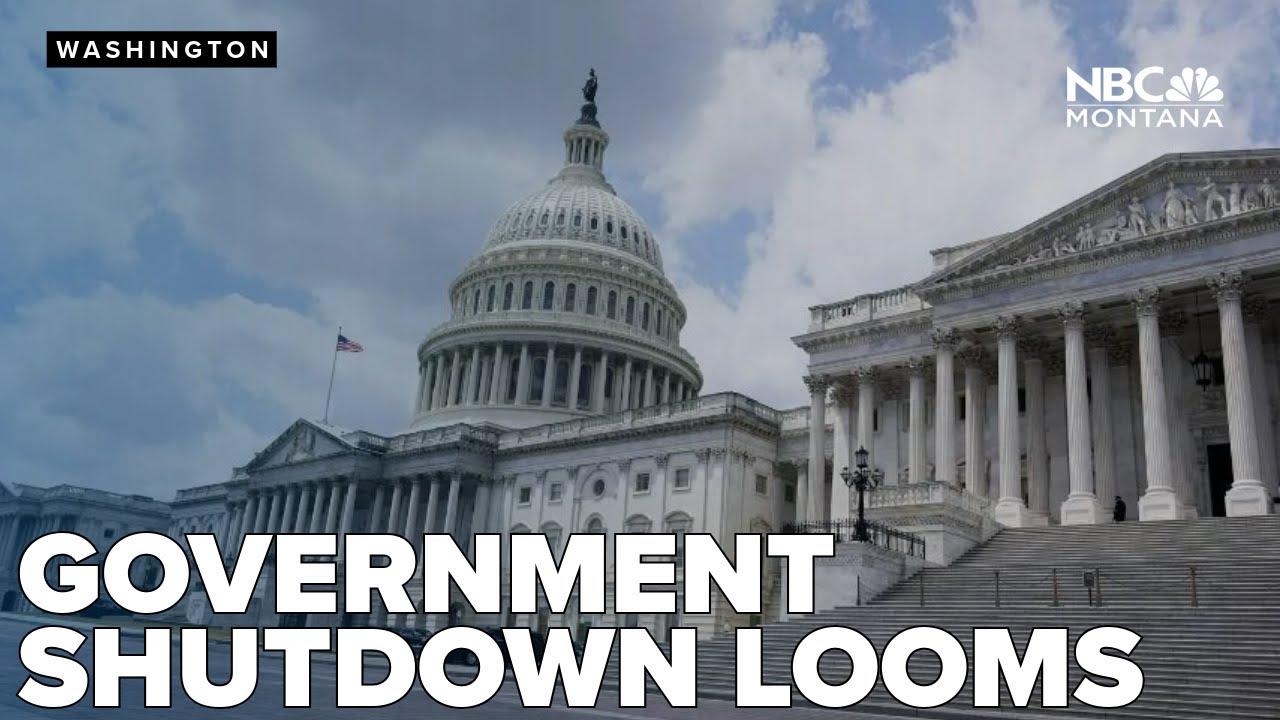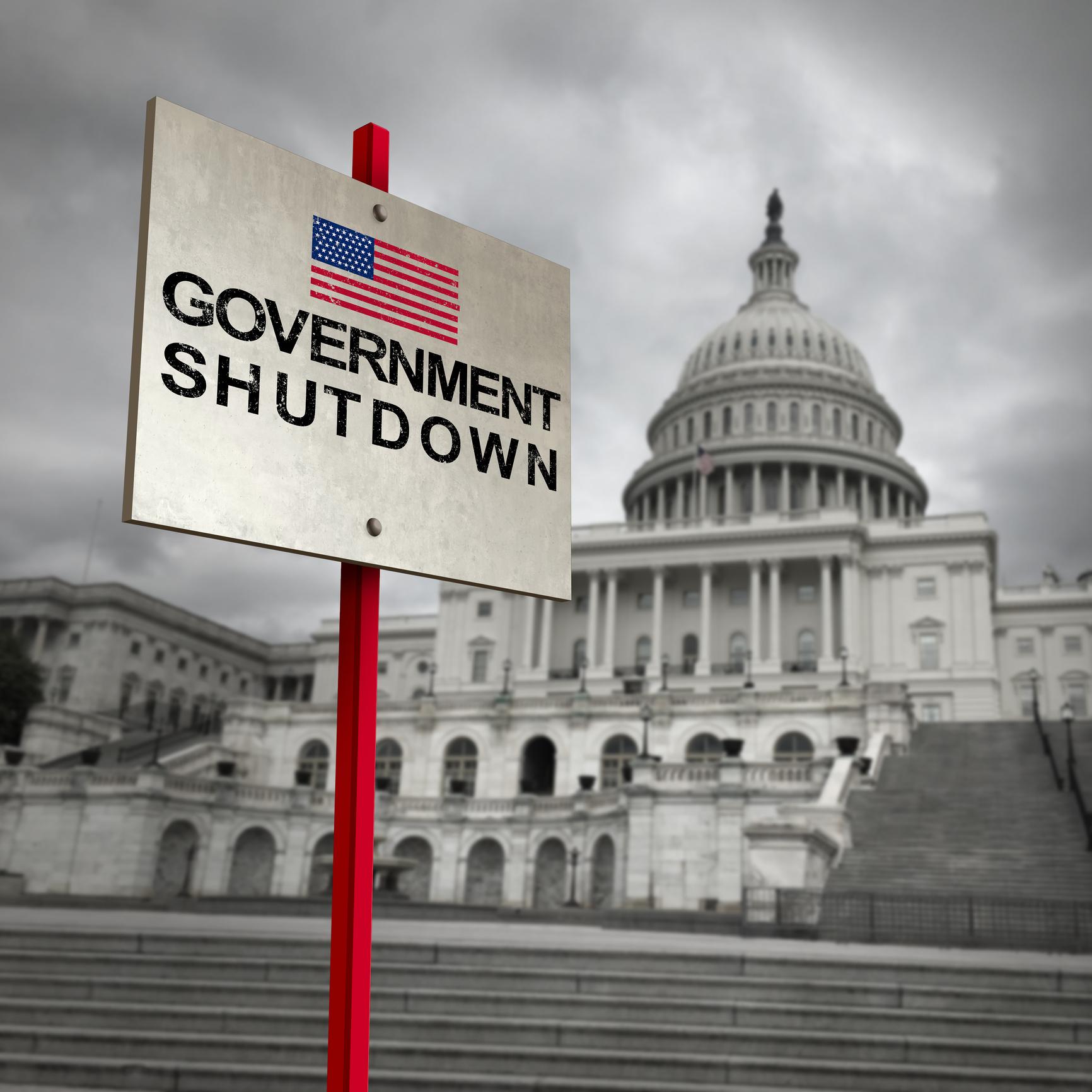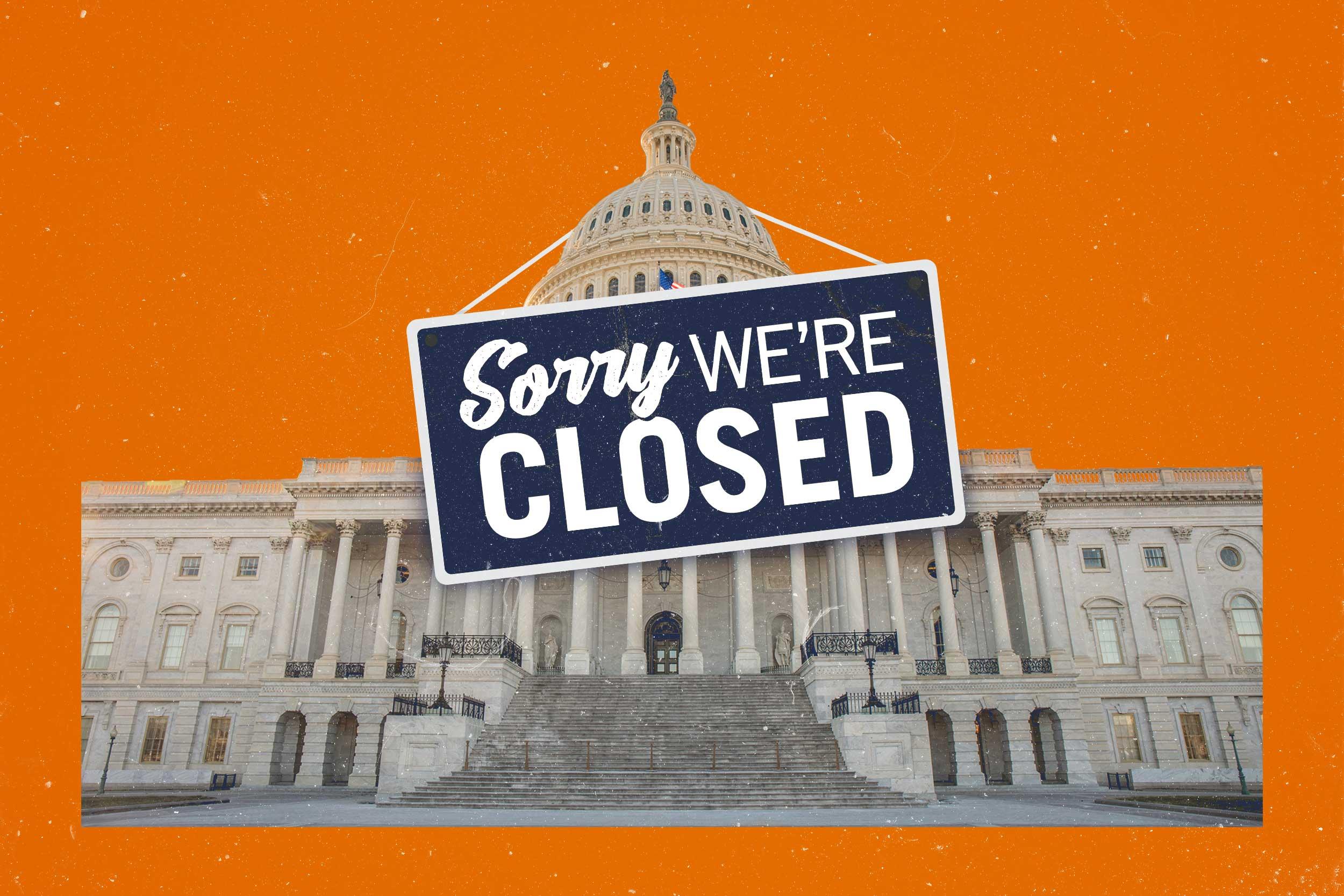In a last-minute effort to avert a government shutdown, Congress has reached a temporary funding agreement that will keep federal agencies operating until December. The deal, announced today, comes as lawmakers scramble to pass a long-term budget amid ongoing disputes over key issues. Stay tuned for more updates on this developing story.
Table of Contents
- Congress reaches bipartisan agreement on temporary funding deal
- Implications of extending government funding until December
- Key points of contention in negotiations over funding bill
- Preparation for potential future government shutdowns
- Q&A
- Insights and Conclusions

Congress reaches bipartisan agreement on temporary funding deal
After days of tense negotiations, Congress has finally reached a bipartisan agreement on a temporary funding deal that will avert a government shutdown. The deal will provide funding for key government agencies and programs through December, allowing lawmakers more time to work out a long-term spending plan.
This last-minute agreement comes as a relief to many Americans who were facing the possibility of a government shutdown just days before the deadline. The deal includes funding for important programs such as healthcare, education, and national defense, ensuring that vital services will continue uninterrupted.

Implications of extending government funding until December
With Congress reaching a temporary funding deal to avoid a government shutdown until December, American citizens can breathe a sigh of relief knowing that essential services will continue to be funded for the time being. This agreement comes at a critical juncture as lawmakers work to pass a budget for the upcoming fiscal year amidst ongoing debates and disagreements on key issues.
While the extension provides a short-term solution to keep the government funded, it also raises questions about the long-term implications and challenges that lie ahead. The temporary nature of this agreement means that another potential funding showdown could occur just before the holidays, adding to the uncertainty and instability surrounding government operations. As Congress continues to negotiate a more permanent solution, it will be crucial for lawmakers to address pressing issues such as funding for critical programs, infrastructure, and healthcare.

Key points of contention in negotiations over funding bill
After intense negotiations, Congress has come to a temporary funding deal to prevent a government shutdown. The key points of contention revolved around several crucial issues that needed to be resolved before reaching an agreement. Among these key points were:
- Funding for border security: One of the major sticking points in the negotiations was funding for border security, including President Trump’s proposed border wall.
- Disaster relief: Another contentious issue was the allocation of funds for disaster relief in the wake of recent hurricanes and wildfires.
- Healthcare subsidies: The future of healthcare subsidies under the Affordable Care Act was also a point of contention between Republicans and Democrats.

Preparation for potential future government shutdowns
The recent agreement reached by Congress to fund the government temporarily into December has averted a looming shutdown for now. This temporary deal allows agencies to continue functioning and provides some relief to government workers and contractors who were at risk of furloughs. The agreement buys more time for lawmakers to negotiate a long-term funding solution.
While the immediate threat of a government shutdown has been averted, it is essential for both individuals and businesses to be prepared for potential future shutdowns. Here are some steps to consider in order to mitigate the impact of a government shutdown:
- Build an emergency fund: Having savings set aside can help cover expenses during a shutdown.
- Assess contracts and grants: Review contracts and grants that may be affected by a shutdown and make necessary adjustments.
- Stay informed: Keep abreast of developments in Congress and government funding to make informed decisions.
Q&A
Q: What is the latest development in the ongoing negotiations over government funding?
A: Congress has reached a temporary funding deal that will avert a government shutdown, at least until December.
Q: How long will this temporary funding last?
A: The temporary funding will last until December 3, giving lawmakers more time to negotiate a long-term funding solution.
Q: What were the key points of contention in the negotiations?
A: Democrats and Republicans had been at odds over issues such as funding for President Biden’s vaccination efforts and funding for the resettlement of Afghan refugees.
Q: How did lawmakers ultimately reach a compromise?
A: Lawmakers from both parties were able to come together and agree on a temporary funding deal that will keep the government running without any interruptions.
Q: What are the implications of this temporary funding deal?
A: The temporary funding deal will provide stability for government operations in the short term, but lawmakers will need to continue working towards a more permanent funding solution in the coming months.
Insights and Conclusions
As Congress reaches a temporary funding deal to avert a government shutdown, the nation can breathe a sigh of relief, at least for now. The agreement will ensure that vital government services continue uninterrupted until December, providing a crucial window for lawmakers to negotiate a more permanent solution. Stay tuned for further updates as the debate continues in Washington. Thank you for reading USA TODAY for the latest news on this developing story.





